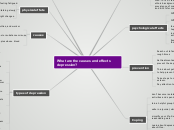по Valerie Kieliszewski 8 лет назад
412
what are the causes and effects depression?

по Valerie Kieliszewski 8 лет назад
412

Больше похоже на это